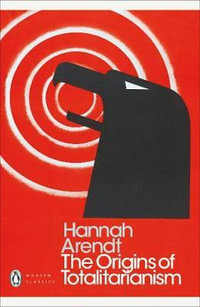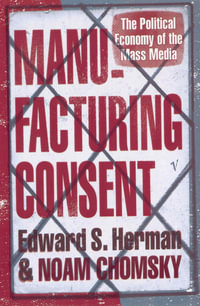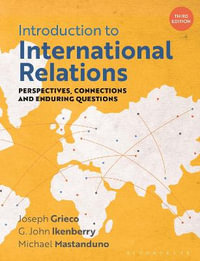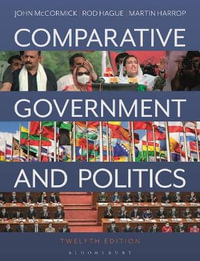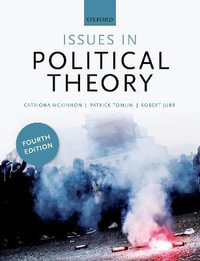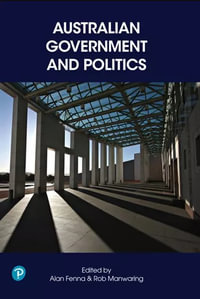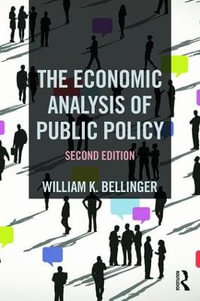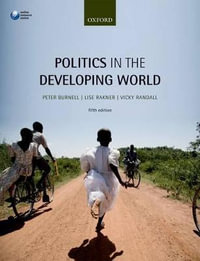"The Public Policy Process is an indispensable book for anyone who wants to understand policies. It provides a complete overview of policy theories and analytical approaches for researchers, students, and practitioners. It guides readers to the whole field of studies, providing them with different possibilities of analysis and research. During the last years, the book has been an essential material in places where the field of study and the state itself are still under construction, as is the case in many countries in the global south. This new edition proves how, updated, and connected to the changes in the field, the book remains a fundamental reference to understand the policy process."
Gabriela Lotta, Getulio Vargas Foundation, Brazil.
"A fresh edition of a classic textbook. It provides an even-handed, concise and considerate overview of a range of theories and approaches in the study of the policy process."
Mark Bovens, Utrecht University, The Netherlands.
"In the 8th Edition of The Public Policy Process, Hill and Varone continue and expand on one of the best introductory books on policy process research. This book excels in making the complexities inherent in policy processes more understandable without reverting to overly simplified and distorted depictions. This latest edition brings in needed work on inequality, power, and democracy, which connects it to the most pressing challenges in society. Based on crisp conceptualizations and comprehensive theoretical foundations, this book offers a firm foundation for new students and experienced scholars for understanding, studying, and influencing policy processes."
Christopher M. Weible, University of Colorado Denver, USA.
"This new edition of the very successful textbook is an essential guide to the study of the policy process. It stands out for its clarity of prose, concise outline of key concepts, as well as a comprehensive synthesis of where we are right now within this rapidly moving area of policy analysis. I recommend this book to every student and researcher interested understanding policy processes and in applying theories to empirical phenomena."
Sabine Kuhlmann, University of Potsdam, Germany.
'The Public Policy Process is an indispensable book for anyone who wants to understand policies. It provides a complete overview of policy theories and analytical approaches for researchers, students, and practitioners. It guides readers to the whole field of studies, providing them with different possibilities of analysis and research. During the last years, the book has been an essential material in places where the field of study and the state itself are still under construction, as is the case in many countries in the global south. This new edition proves how, updated, and connected to the changes in the field, the book remains a fundamental reference to understand the policy process.'
Gabriela Lotta, Getulio Vargas Foundation, Brazil
'A fresh edition of a classic textbook. It provides an even-handed, concise and considerate overview of a range of theories and approaches in the study of the policy process.'
Mark Bovens, Utrecht University, The Netherlands
'In the 8th Edition of The Public Policy Process, Hill and Varone continue and expand on one of the best introductory books on policy process research. This book excels in making the complexities inherent in policy processes more understandable without reverting to overly simplified and distorted depictions. This latest edition brings in needed work on inequality, power, and democracy, which connects it to the most pressing challenges in society. Based on crisp conceptualizations and comprehensive theoretical foundations, this book offers a firm foundation for new students and experienced scholars for understanding, studying, and influencing policy processes.'
Christopher M. Weible, University of Colorado Denver, USA
'This new edition of the very successful textbook is an essential guide to the study of the policy process. It stands out for its clarity of prose, concise outline of key concepts, as well as a comprehensive synthesis of where we are right now within this rapidly moving area of policy analysis. I recommend this book to every student and researcher interested in understanding policy processes and in applying theories to empirical phenomena.'
Sabine Kuhlmann, University of Potsdam, Germany

